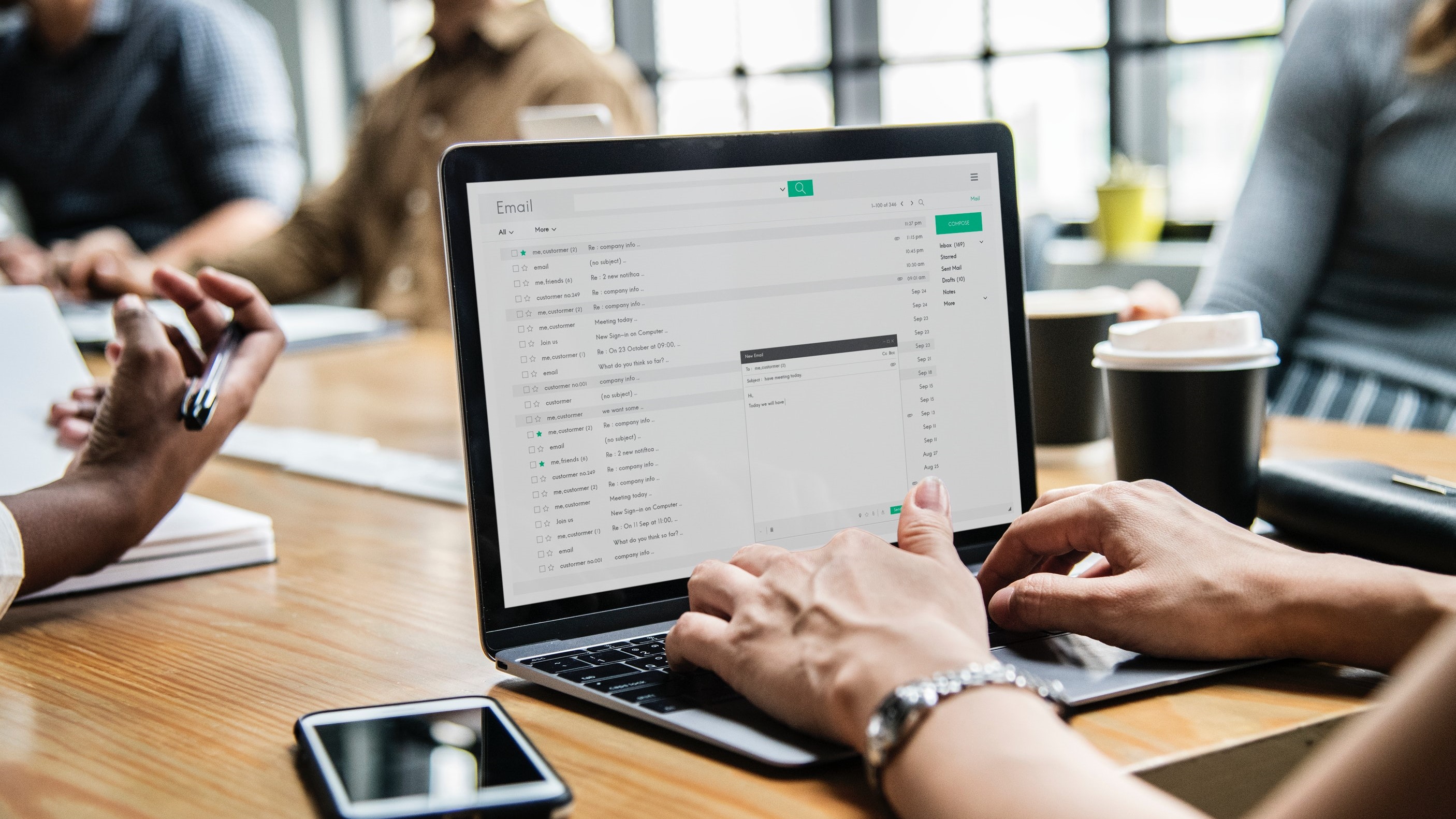Why using a VPN will be crucial for your privacy in 2018
This is probably the most critical web application after the browser

There was a time not so long ago when the world wide web was a haven; you could visit any website without running the risk of getting scrutinised, analysed labelled and classified by dozens of trackers almost instantly.
The exponential rise in connectivity speeds coupled with the explosive growth in the number of internet users worldwide have created a virtual universe both fertile and less risky for criminals.
But it’s not just about criminals: Data mining at a global scale and snooping eyes from public organisations, governments and even your internet service provider mean that internet users’ privacy has never been more at risk than in the current era, particularly with the rise of conservatism and nationalism in many countries.
Probably the most telling case is that of Facebook, the world’s largest social network with more than two billion active users. It has been caught using its Onavo VPN service to track the whereabouts of its subscribers for marketing purposes.
That has led to a steady and dangerous erosion of so-called acceptable usage and laws protecting individual privacy, often under the disguise of national security and the need for constant surveillance.
Without strong privacy rules governing ISPs and organisations, your personal information will continue to be shared and sold to third parties, potentially without your knowledge or consent.
This leaves you with very little control over your personal information including revealing information like location, sites visited, communications content, financial details and much more.
Are you a pro? Subscribe to our newsletter
Sign up to the TechRadar Pro newsletter to get all the top news, opinion, features and guidance your business needs to succeed!
- Check out our list of the best VPN in the world
Protect your digital freedom: here’s what you can actually do
Luckily, there is something you can do to protect yourself and your privacy: use a VPN. Virtual private networks allow you to secure your digital lifestyle and, from a privacy standpoint, can make you become invisible and untraceable.
Some of the things a reliable VPN can help you achieve are safer online transactions plus the ability to browse anonymously and securely any content and access geo-restricted websites no matter where you are in the world.
They protect users from security and privacy risks by sending online traffic through a secure, encrypted tunnel and hiding your IP address. This prevents ISPs, governments and hackers from seeing what applications and sites are using, viewing their personal data, compromising their online accounts, and tracking their activity across the web.
Leaks occur when a VPN application fails to fully secure a user’s traffic, sending some or all of it outside the secure tunnel.
Choose your VPN wisely
Not all VPNs treat privacy the same and you should choose those that offer a full array of privacy-friendly features: DNS and IP leak protection, a strict no-logs policy, 256-bit AES encryption and OpenVPN, L2TP-IPsec and PPTP protocols. Oh! And select providers that accept Bitcoin for that extra level of anonymity.
A powerful-but-difficult-to-use VPN service could be challenging for novices that need a helping hand. Yet again, prefer service providers that deliver live support (email or chat) and a wide warranty of guides and FAQ to solve any problems that you might encounter as a user.
2018 is turning out to be a critical inflection point for data privacy. The biggest data breaches of last year - Verizon, Equifax, and even the NSA; ransomware attacks like WannaCry and Petya; and the Krack, Spectre and Meltdown vulnerabilities – should have been a wake-up call, but users and companies are not responding.
Only 25% of internet users have used a VPN according to a recent survey. If people don't become much more risk averse and cautious about their digital privacy, then it's going to be a rough year ahead.

Désiré has been musing and writing about technology during a career spanning four decades. He dabbled in website builders and web hosting when DHTML and frames were in vogue and started narrating about the impact of technology on society just before the start of the Y2K hysteria at the turn of the last millennium.